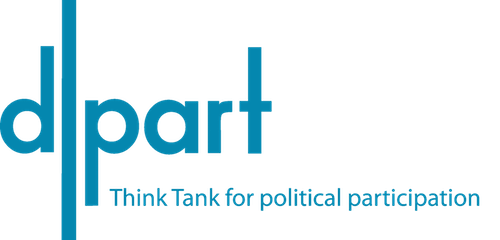Public understanding of the economy and paradigm shifts
Long before the Covid 19 pandemic, there were many critical discussions about fundamental issues of economic policy, especially concerning the role of the state. The extensive government action in response to the pandemic has further advanced debates about how we should think about and shape our economies in the future. A window of opportunity for a paradigm shift has opened and high-quality work is underway to develop better models to conceptualise economic structures and processes.
While great work is being conducted in this area, comparatively little has been done to examine how the public perceives and understands the economy and the changes taking place around it. What we do know, however, suggests that there is a large gap between advances in science and policy on the one hand and public perception on the other. Existing studies have shown that people often have little factual knowledge of basic economic concepts or misperceive the distribution of wealth among different population groups as well as government redistribution.
With our project partner, the Forum New Economy, this project therefore aims to comprehensively examine the public understanding of economic structures and processes through expert interviews and small group interviews with the population in Germany. In this way, new insights are to be gained into how the population in Germany thinks about economic policy issues and which paradigms they adhere to.
